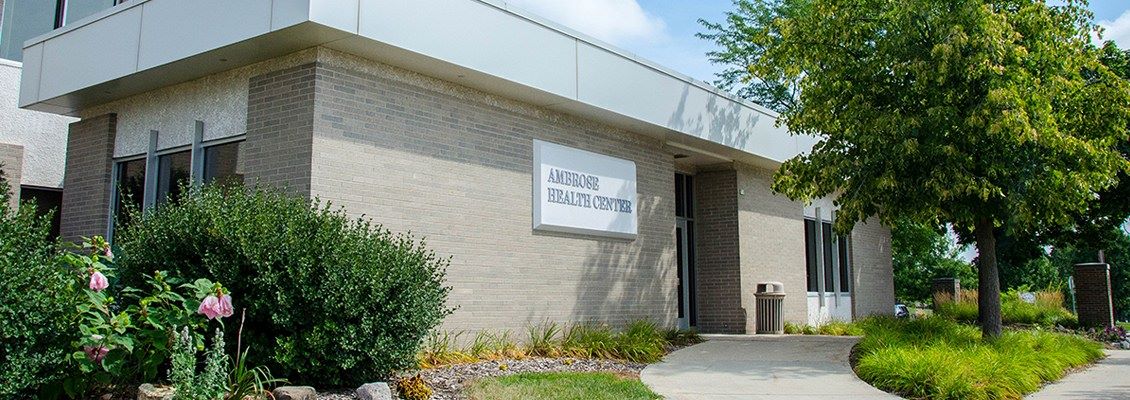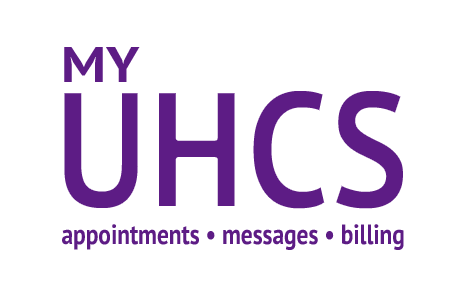Cold and Flu
Wellness Information
UHCS Services
Most people with influenza or a cold dont need to see a health care provider. However, you DO need to call and make an appointment with a health care provider if you:
- Are very short of breath when sitting and relaxing
- Have asthma or other lung or heart problem
- Are sick for more than a week and symptoms are not improving
- Have other symptoms that are worsening
You can make an appointment by calling UHCS at 262-472-1300.
Overview
Often it is difficult to sort through what's a "cold" and what's the "flu" and then know what to do about each of those. In general, they share similar symptoms and both affect the respiratory system, but are caused by different viruses. Typically, symptoms of a cold tend to be milder, including runny/stuffy nose, sore throat, cough, and sneezing. While colds are common, it doesn't mean that you should ignore it. Drink lots of fluids and see below (under "More Information") for self-care tips that target your specific symptoms so that you can feel better as soon as possible, but if you feel worse despite doing these things and especially if you note a fever of 100F or higher, severe pain, or breathing problems, call or set up an appointment. Complications of a cold include sinus congestion or ear ache.
Influenza, commonly known as "flu," is more likely to make it difficult to do usual activities. You probably have the flu if you are running a fever>100°F and have a cough or sore throat and feel much worse than you do when you get a cold. You may also have headaches, body aches and be sick to your stomach.
Some things you can do to help you get through the flu are:
- Rest
- Increase fluid intake orally (small amounts frequently, such as 1/4c every 15-20 minutes, if you are sick to your stomach)
- Use acetaminophen or ibuprofen for aches, sore throat and fever
- Use a dextromethorphan containing cough syrup or honey in a warm beverage for cough.
Also, remember that if you have flu symptoms (fever>100°F and cough or sore throat) stay at home until at least 24 hours after symptoms are gone (without the use of fever-reducing medications). This will help you recover sooner and protect others from getting sick.
Remember, prevention of illnesses is important for your own health, as well as the health of others around you. Family members, friends, and fellow students, especially the very young and old, people with asthma or other chronic health problems rely on you to do your part to keep everyone healthy. Wash your hands (either soap and water or alcohol-based hand sanitizer) every time you cough/sneeze/touch your hands to your face. Flu shots are also available at UHCS in the fall, usually in late September. Call us to find out more.
Resources
Disclaimer
All information on this website is written by UHCS professional staff unless otherwise noted. No data is collected on visitors to this site. Financial Support for this web site is provided by University Health & Counseling Service, Division of Student Affairs, University of Wisconsin-Whitewater. This web site does not accept advertising.
This site is not meant to replace the advice of a health care or counseling professional. You should not rely on any information on these pages, or information generated for you by this site, to replace consultations with qualified professionals regarding your own specific situation. Some links take you to a source outside of UHCS. The owners of that site, not UHCS, are responsible for the content.



